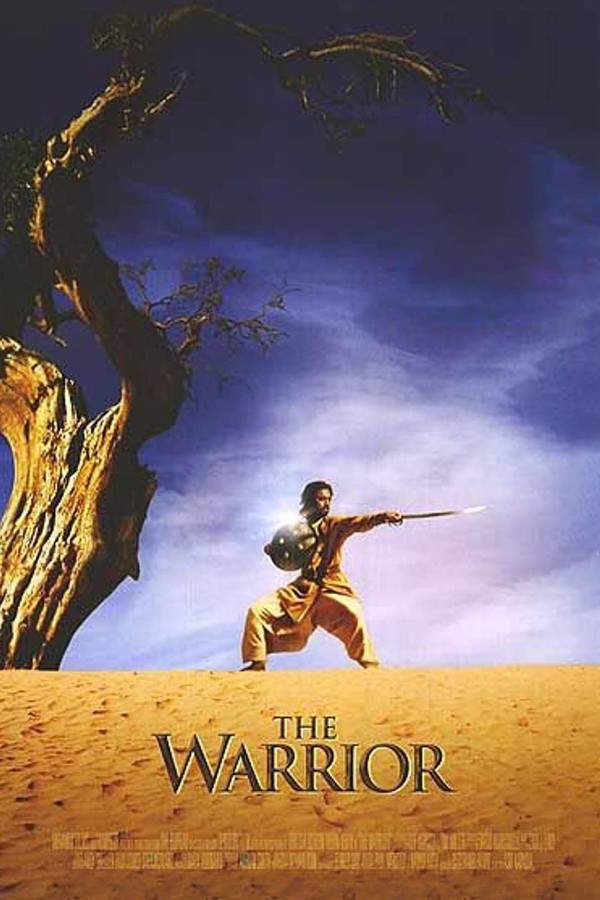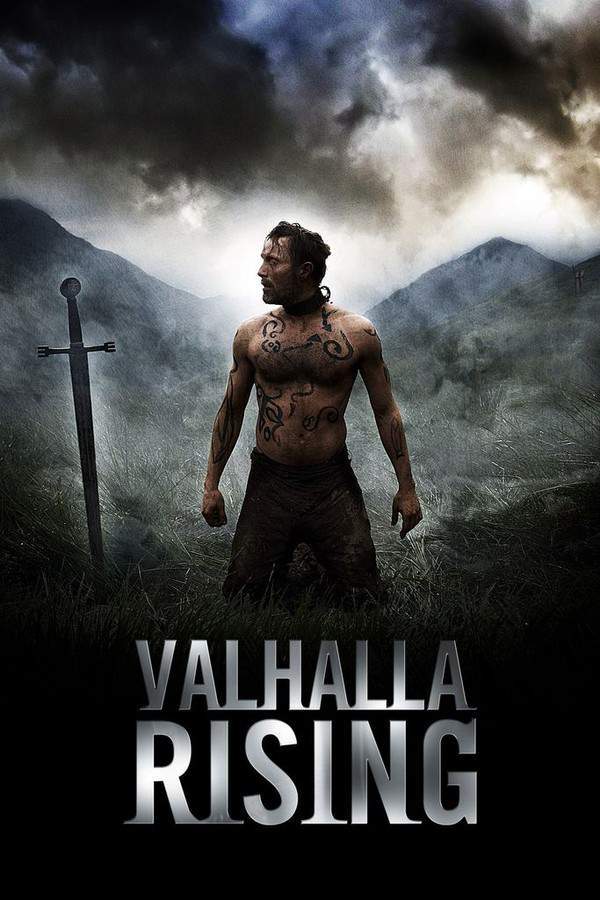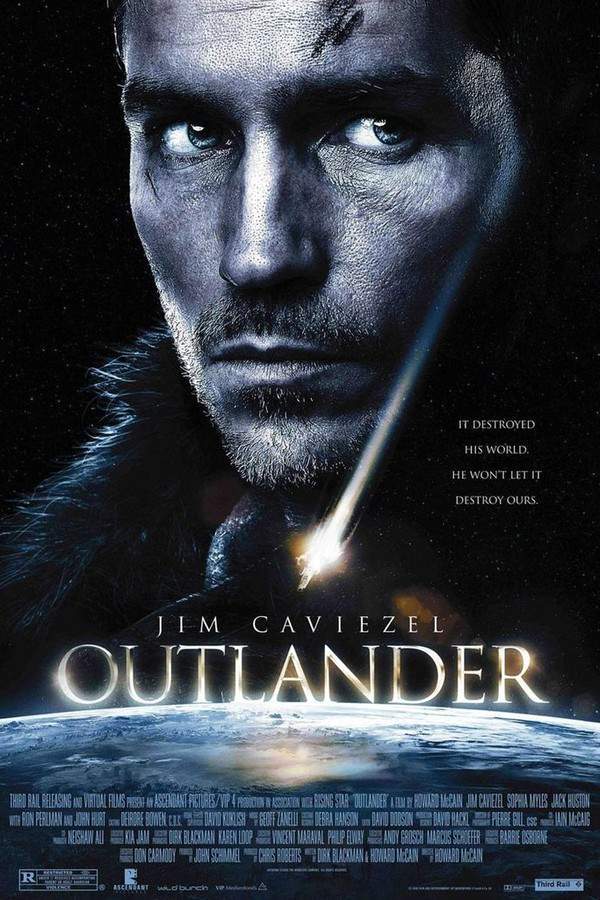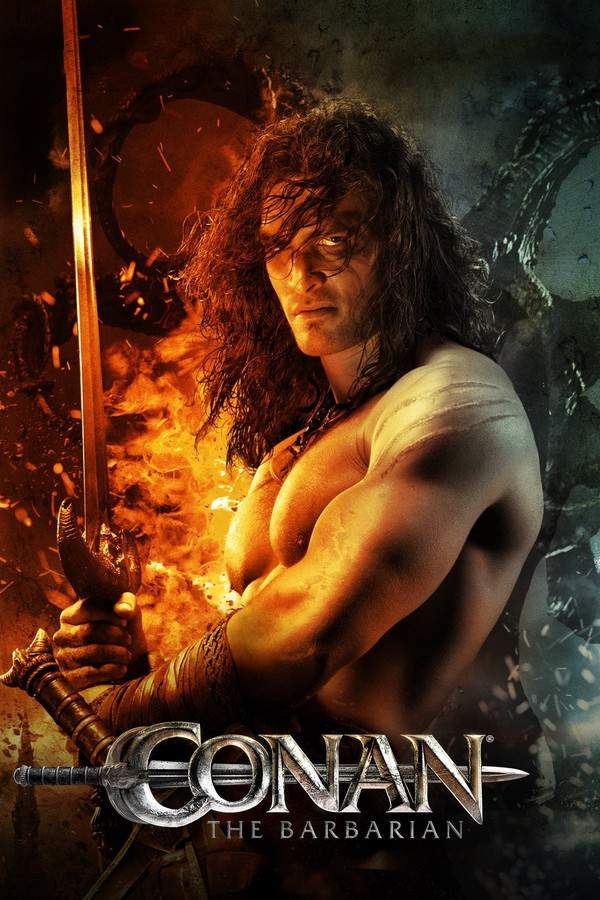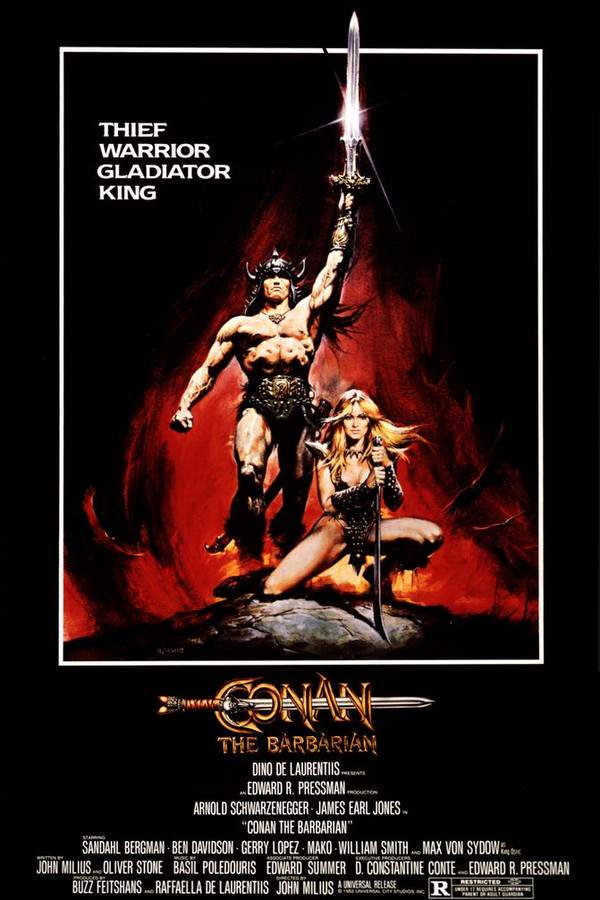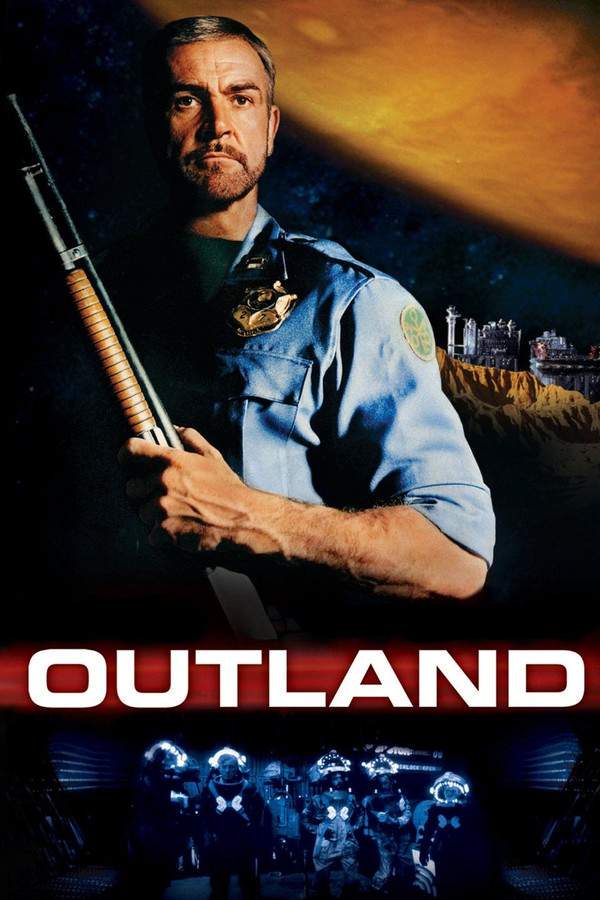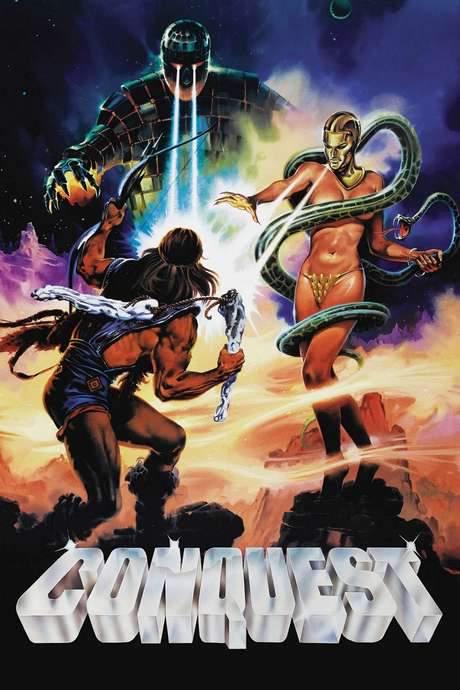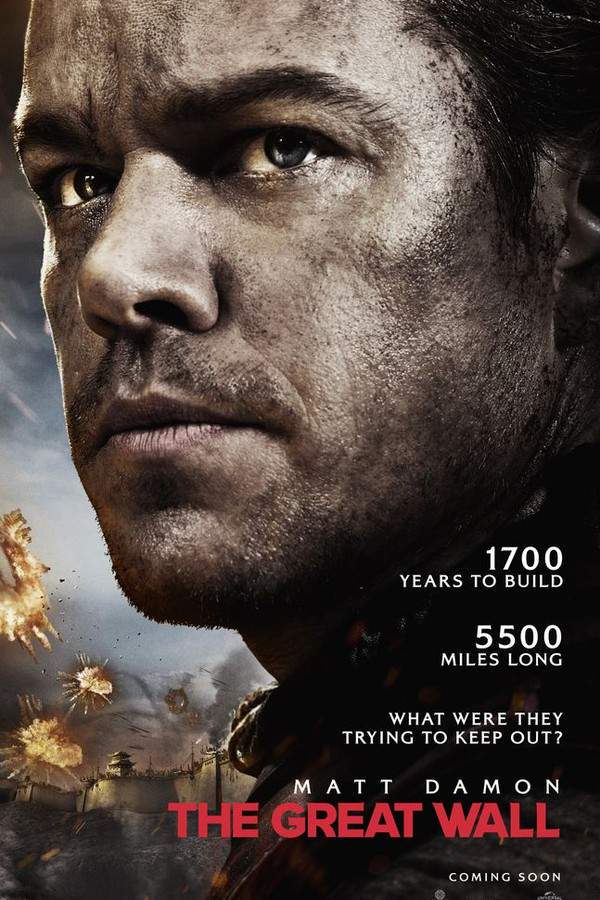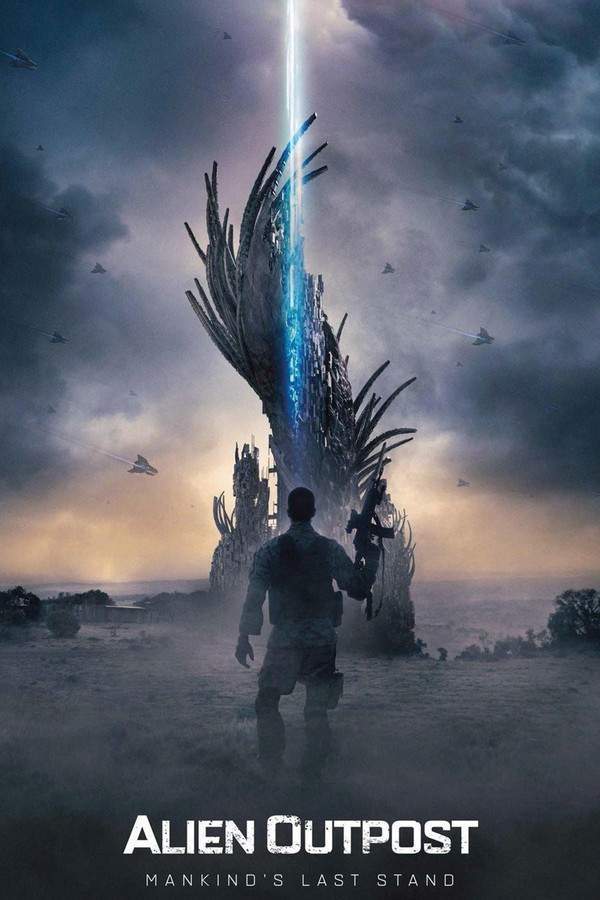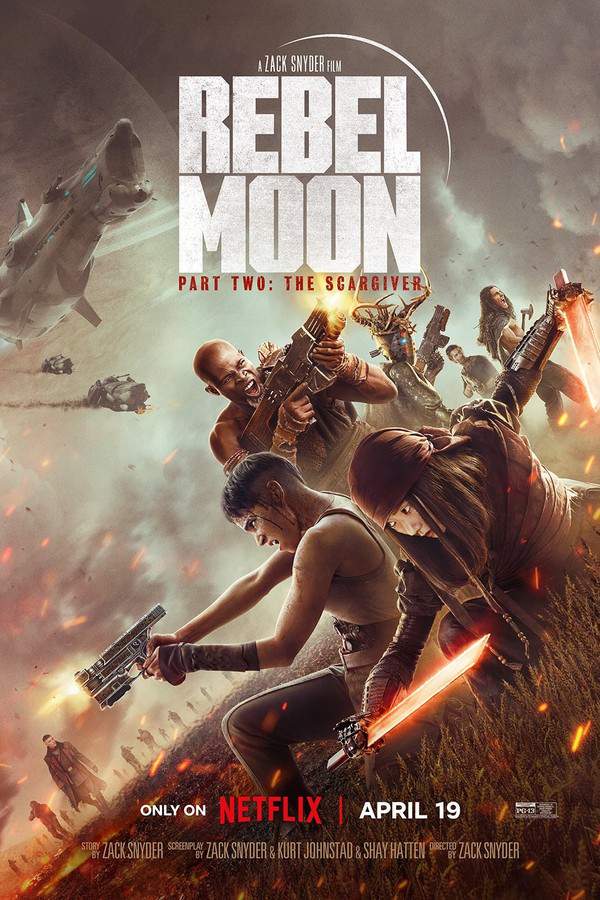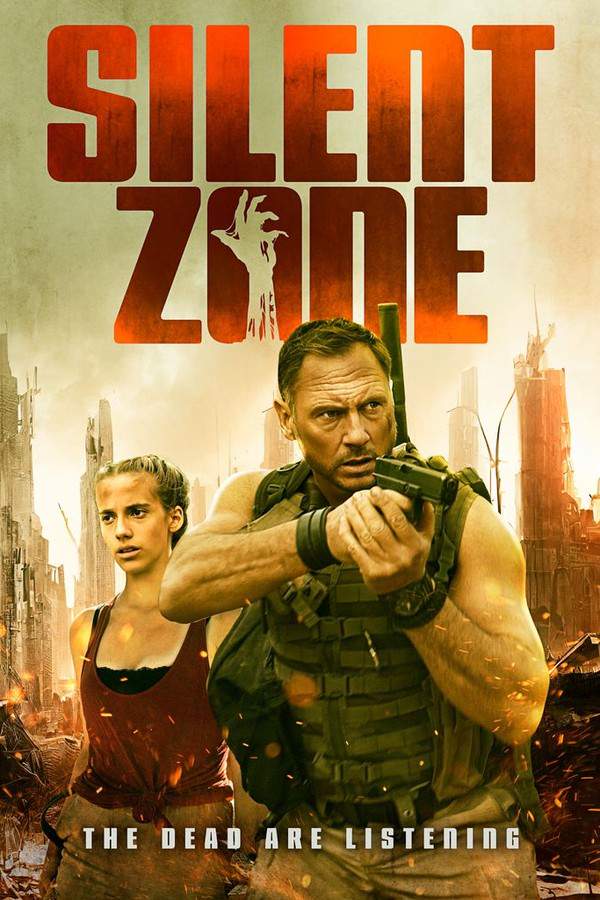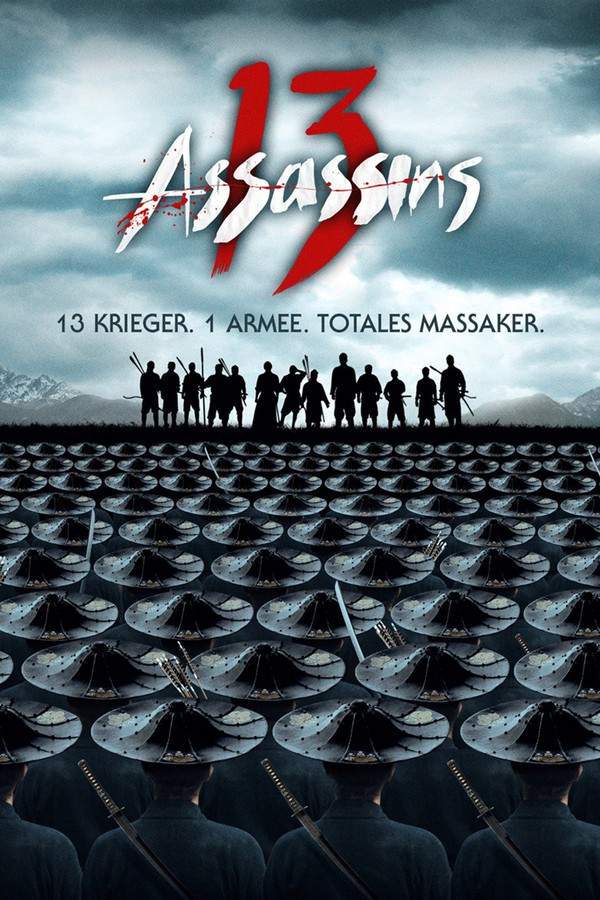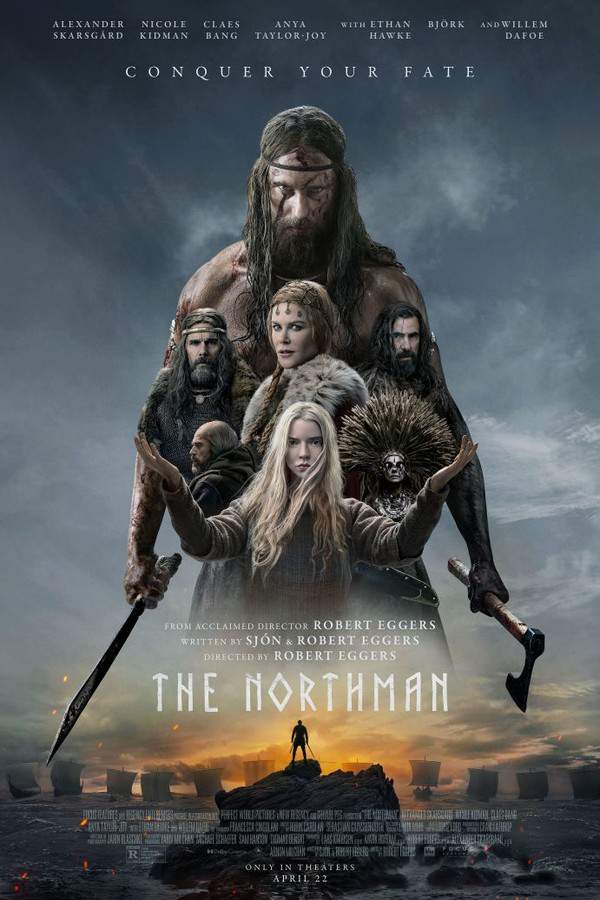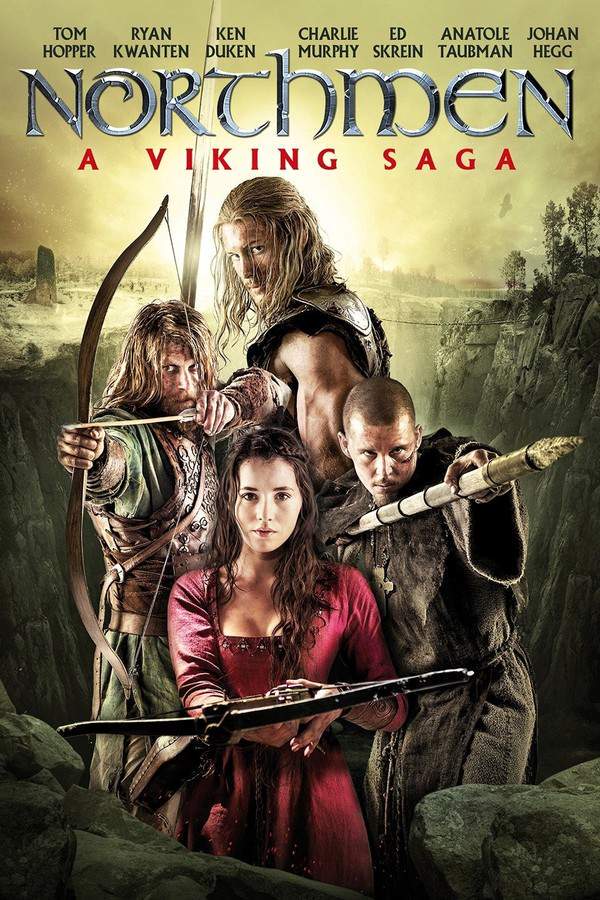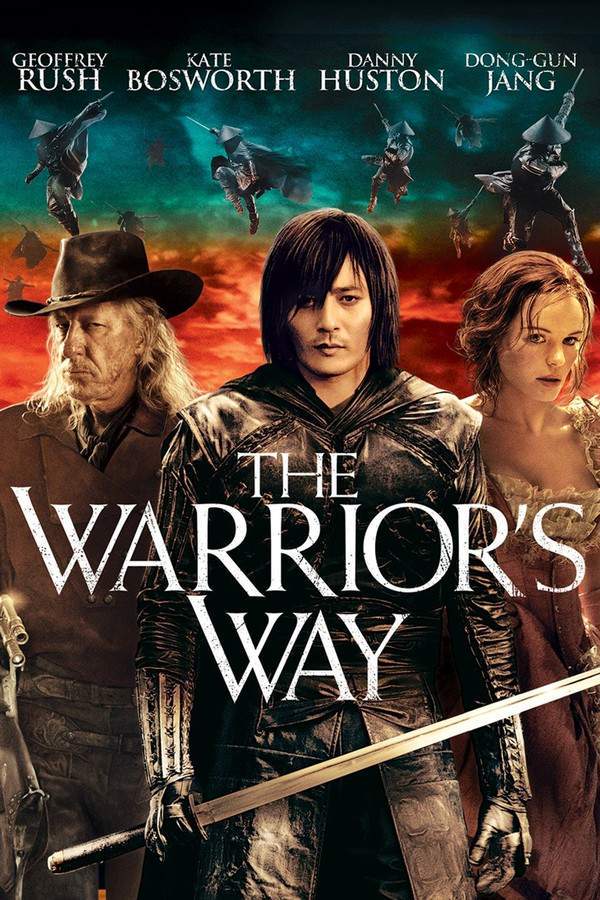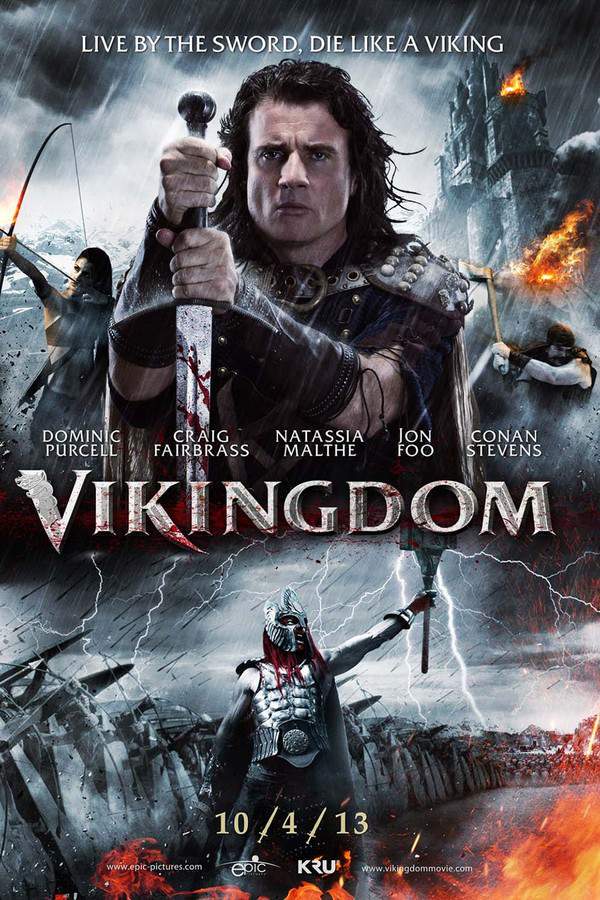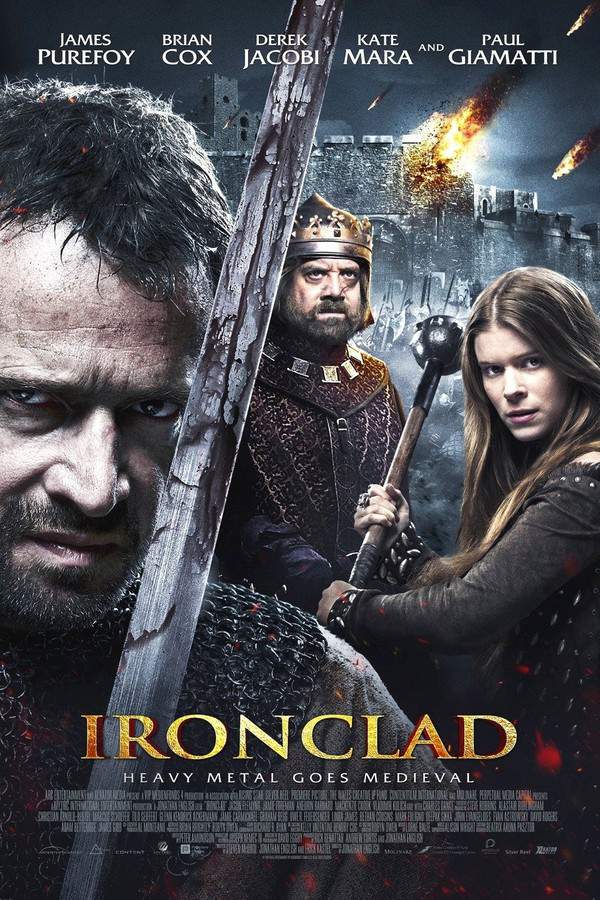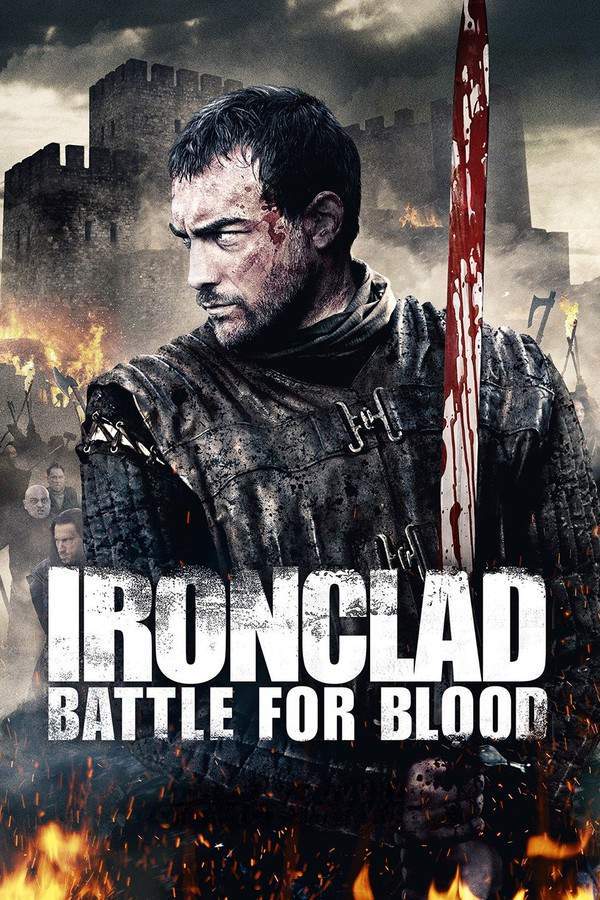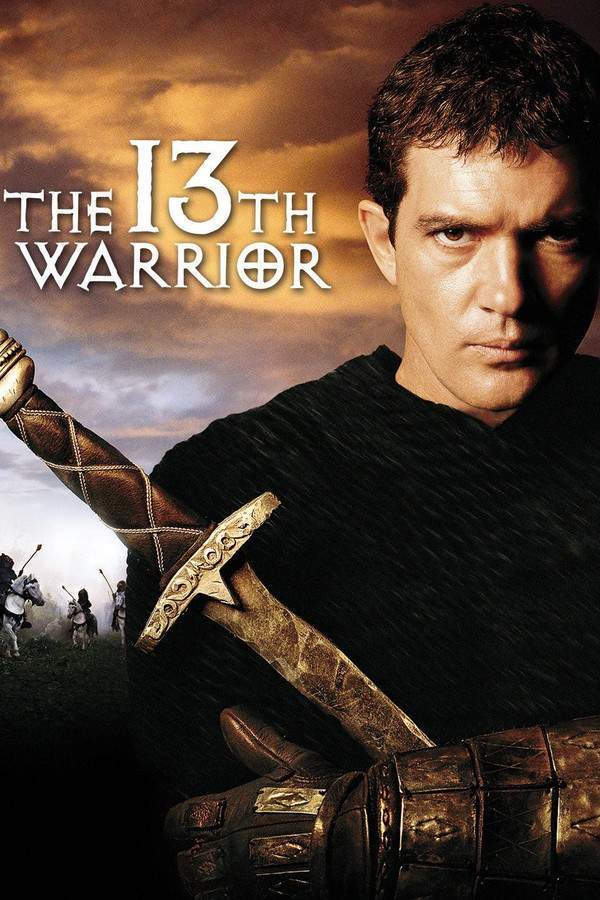
The 13th Warrior
Year: 1999
Runtime: 102 min
Language: English
Directors: Michael Crichton, John McTiernan
Budget: $160M
In a thrilling adventure, exiled emissary Ibn Fahdlan unexpectedly finds himself joining a group of Norse warriors. They embark on a perilous quest to confront terrifying creatures that are ravaging the land. As they journey into a dark and dangerous territory, Ibn must overcome his fears and learn to fight alongside his new comrades. They face an ancient evil rising from the shadows, and their survival depends on their ability to unite against the relentless threat.
Warning: spoilers below!
Haven’t seen The 13th Warrior yet? This summary contains major spoilers. Bookmark the page, watch the movie, and come back for the full breakdown. If you're ready, scroll on and relive the story!
The 13th Warrior (1999) – Full Plot Summary & Ending Explained
Read the complete plot breakdown of The 13th Warrior (1999), including all key story events, major twists, and the ending explained in detail. Discover what really happened—and what it all means.
Before the arrival of the second millennium in 922 A.D., the vibrant city of Baghdad stood out as the pinnacle of civilization. It is within this illustrious backdrop that Ahmed Ibn Fahdlan, portrayed by Antonio Banderas, a gifted poet enjoying a privileged existence, makes a grave mistake when he attempts to woo a married woman. This indiscretion draws the ire of her jealous husband, who happens to be a friend of the Caliph, resulting in Ahmed being dispatched as an ambassador to the far-flung Nordic realm of Tossuk Vlad—a noble yet dubious exile from his beloved city.
Embarking on a journey with his mentor Melchisidek, played by Omar Sharif, Ahmed’s caravan is set upon by a marauding band of Tartars. However, their pursuit is soon halted when they spot a Viking ship approaching the shore. As they reach the Viking camp, they witness the revelry of a lively celebration. Through the efforts of Melchisidek, Ahmed learns that the raucous festivities are, in fact, a solemn funeral for the late king. It’s here that he meets Buliwyf, the heir apparent, brought to life by Vladimir Khulich. The might of Buliwyf is immediately felt when he swiftly dispatches an attacker, solidifying his claim to leadership amidst the grim events unfolding.
Despite the initial allure of Viking festivities, Ahmed becomes increasingly appalled by their customs—their lack of hygiene and their gruesome human sacrifices do little to endear him to this culture. The following day, a messenger arrives, seeking Buliwyf’s assistance against a mysterious and deadly foe known only as an ancient evil by the Vikings. This prompts a divine claim from an old soothsayer who decrees that a band of thirteen warriors, including Buliwyf, must journey forth to vanquish this threat.
As the selection for warriors progresses, the soothsayer insists that the thirteenth must be a man from the South. With pressure mounting and eyes upon him, Ahmed is reluctantly thrust into the fray and granted a new name—Eban, which the Vikings use to denote him throughout the journey. From this point, Ahmed redirects his efforts to understand his companions, immersing himself in their language and culture. Observing from the sidelines, he studies their interactions until he is able to articulate his thoughts in their tongue when a slight against his mother ignites his passion.
The days unfold with trepidation as Eban impresses Buliwyf with his ability to read and write, revealing his capacity to bridge worlds. Eban’s Arabian horse, far smaller than those of his Viking companions, quickly becomes a point of jest. Nonetheless, through a series of humorous yet defiant displays, he earns their respect when he showcases the horse’s remarkable jumping ability, a feat that is met with admiration from Buliwyf and Herger. A moment arises during their journey where Eban witnesses the Viking’s strength in battling the elements and each other.
Their adventures eventually lead them to Venden, a kingdom devoid of defenses, ruled by King Hrothgar and his disdainful son Wigliff. Within the chaotic backdrop, they learn of the terrifying Wendol—monstrous creatures that terrorize the populace. Eban, witnessing the devastation brought by the Wendol, valiantly participates in the imprisonment of one such creature, revealing them to be mere men disguised in fearsome garb.
As the battle intensifies, Eban finds himself wielding his sword with newfound ferocity, leaving behind the timid poet he once was, transforming into a fierce warrior whose blood runs cold with rage against his enemies. The gruesome conflict takes its toll, and the losses mount, yet a flicker of hope remains in Buliwyf’s bravery and wisdom as he continues to lead them forward even in the face of death.
Alongside his comrades, Eban witnesses the fragility of life, and as they recover from a near-fatal encounter that marks them deeply, a profound sense of brotherhood begins to cultivate amongst the warriors. It becomes evident that the bonds forged in battle run deeper than any differences between them. Ahmed subsequently realizes the purpose behind his journey, facilitating his transformation not only into a warrior but also into a storyteller.
As the warriors prepare for the decisive battle, Buliwyf, weakened yet undeterred, rallies his men with a stirring Viking prayer that would echo through history. In the clashing tides of war, Buliwyf’s valor spurs the men to push back against the Wendols and their merciless onslaught, solidifying his legacy as a true leader and protector.
In the aftermath of battle, with victory secured but loss lingering in the air, Ahmed returns to Baghdad forever changed. Grateful for the life lessons imparted by the Norsemen, he dedicates himself to chronicling the extraordinary saga of his journey with them, ensuring that the tale of the brave warriors—who taught him the meaning of honor, courage, and friendship—will not fade into the mists of time. He writes not just of glory, but of transformation, emerging from his era as the thirteenth warrior destined to carry their legacy forth into history.
Last Updated: January 14, 2025 at 19:25
Explore Movie Threads
Discover curated groups of movies connected by mood, themes, and story style. Browse collections built around emotion, atmosphere, and narrative focus to easily find films that match what you feel like watching right now.
Outsider Warrior Journey Movies like The 13th Warrior
A refined outsider must adapt and fight to survive within a harsh, warrior culture.If you liked The 13th Warrior, you'll enjoy these films about outsiders forged into warriors. Discover similar stories of cultural clash, survival, and transformation in harsh, action-packed settings where characters must learn to fight alongside their new comrades.
Narrative Summary
Stories typically begin with a protagonist removed from their comfort zone and forced to integrate with a group whose values are alien to them. The narrative follows their difficult training, the forging of bonds through shared hardship, and a culminating trial by combat that solidifies their transformation from outsider to accepted member.
Why These Movies?
These movies are grouped by the powerful narrative arc of cultural and personal transformation. They share themes of found family, the clash between civilization and primal strength, and a high-intensity, physical journey of survival that changes the protagonist fundamentally.
Grim Survival Horror Movies like The 13th Warrior
A band of warriors confronts a primal, monstrous threat to their homeland.Find movies similar to The 13th Warrior with this thread. Explore other tense, high-intensity stories about groups battling ancient evils and monstrous threats, where survival is uncertain and victory comes at a heavy, bittersweet cost.
Narrative Summary
The narrative pattern involves a isolated community or group being besieged by a mysterious and powerful enemy. The story is a linear escalation of threat, leading to a series of desperate battles. The ending often involves pyrrhic victory, with significant losses underscoring the grim reality of the conflict.
Why These Movies?
These films are united by a specific tone and plot structure: a tense, brooding atmosphere, a fast-paced survival-horror narrative against a monstrous foe, and an emotionally heavy, bittersweet conclusion that emphasizes the sacrifice required for victory.
Unlock the Full Story of The 13th Warrior
Don't stop at just watching — explore The 13th Warrior in full detail. From the complete plot summary and scene-by-scene timeline to character breakdowns, thematic analysis, and a deep dive into the ending — every page helps you truly understand what The 13th Warrior is all about. Plus, discover what's next after the movie.
The 13th Warrior Timeline
Track the full timeline of The 13th Warrior with every major event arranged chronologically. Perfect for decoding non-linear storytelling, flashbacks, or parallel narratives with a clear scene-by-scene breakdown.

Characters, Settings & Themes in The 13th Warrior
Discover the characters, locations, and core themes that shape The 13th Warrior. Get insights into symbolic elements, setting significance, and deeper narrative meaning — ideal for thematic analysis and movie breakdowns.

The 13th Warrior Spoiler-Free Summary
Get a quick, spoiler-free overview of The 13th Warrior that covers the main plot points and key details without revealing any major twists or spoilers. Perfect for those who want to know what to expect before diving in.

More About The 13th Warrior
Visit What's After the Movie to explore more about The 13th Warrior: box office results, cast and crew info, production details, post-credit scenes, and external links — all in one place for movie fans and researchers.

Similar Movies to The 13th Warrior
Discover movies like The 13th Warrior that share similar genres, themes, and storytelling elements. Whether you’re drawn to the atmosphere, character arcs, or plot structure, these curated recommendations will help you explore more films you’ll love.
Explore More About Movie The 13th Warrior
The 13th Warrior (1999) Scene-by-Scene Movie Timeline
The 13th Warrior (1999) Movie Characters, Themes & Settings
The 13th Warrior (1999) Spoiler-Free Summary & Key Flow
Movies Like The 13th Warrior – Similar Titles You’ll Enjoy
13 Assassins (2011) Detailed Story Recap
The Warrior (2005) Ending Explained & Film Insights
The Northman (2022) Film Overview & Timeline
Outlander (2009) Spoiler-Packed Plot Recap
Northmen: A Viking Saga (2015) Full Movie Breakdown
The Warrior's Way (2010) Ending Explained & Film Insights
Vikingdom (2013) Ending Explained & Film Insights
Ironclad (2011) Plot Summary & Ending Explained
Conan the Barbarian (2011) Spoiler-Packed Plot Recap
Ironclad: Battle for Blood (2014) Story Summary & Characters
The Viking War (2019) Ending Explained & Film Insights
The Norseman (1978) Full Movie Breakdown
The Viking (1928) Detailed Story Recap
The Vikings (1958) Plot Summary & Ending Explained
A Viking Saga: Son of Thor (2008) Full Summary & Key Details

